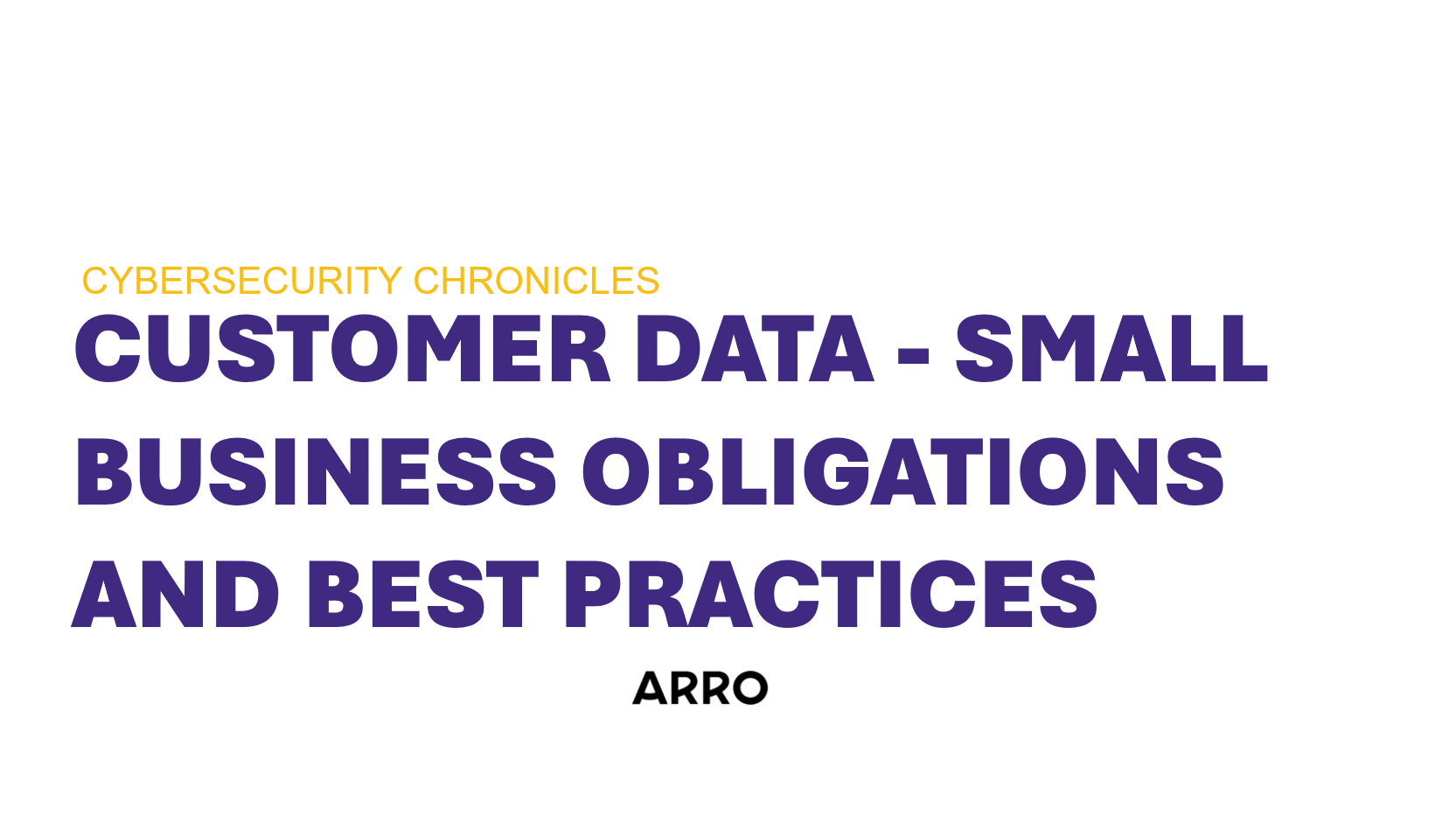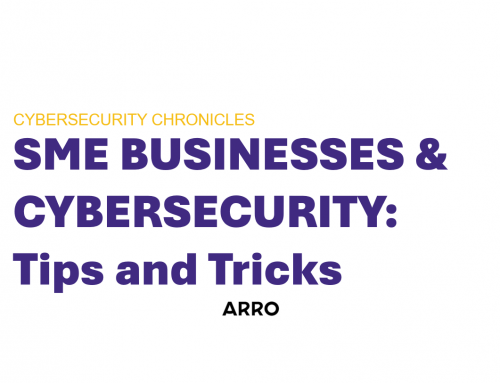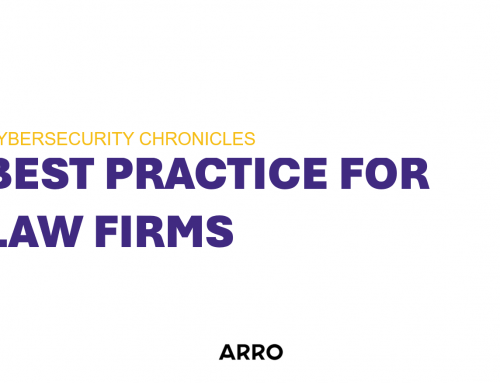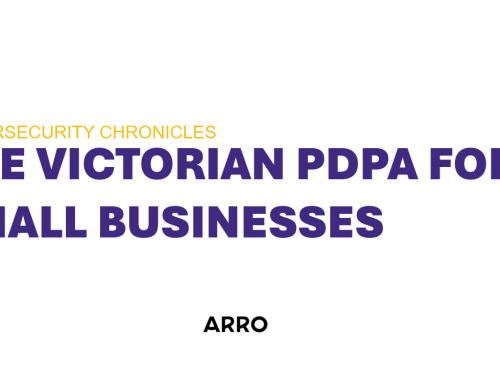G’day to our Melbourne (and beyond!) small business owners.
It’s time for another instalment of our ‘Cybersecurity Chronicles’ series, where we today dive into the murky waters of customer data handling. “But wait,” you might say, “I’m just a small business. Surely this doesn’t apply to me?” Well, buckle up, because you might be surprised!
The Data Dilemma
Let’s face it, in today’s digital age, even the smallest of businesses are collecting customer data. Whether it be names, email addresses, or that one customer’s coffee order (double shot, oat milk latte, no foam – we see you, Susan!), it’s all considered personal information under the law. And with great power data comes great responsibility – Uncle Ben (Spider-man).
So, what’s the big deal?
While the Privacy Act 1988 (Cth) currently exempts many small businesses, don’t get too comfy! The winds of change are blowing, and upcoming reforms might just sweep your business into the compliance net. Plus, let’s be honest – protecting your customers’ data is just good business practice. Nobody wants to be the next headline in a data breach scandal, are we right?
Victorian Small Business Obligations
Now, let’s talk Victorian specifics. While we don’t have a dedicated small business privacy law, the Privacy and Data Protection Act 2014 (Vic) sets the tone for data protection in our state. Here’s what you need to know:
- Collect only what you need: Don’t be a data hoarder! Only gather information that’s necessary for your business operations. 🚫🗄️
- Be transparent: Tell your customers what you’re collecting and also, why – they need to know!
- Keep it safe: Guard that data like it’s the secret recipe to your grandma’s famous pavlova. Use encryption, Two-Factor Authentication, VPN’s (and all those fancy software’s your company already subscribes to…) and limit access to only those who need it.
- Use data appropriately: Don’t go selling your customers’ info to make a quick buck. Use the data only for the purposes you’ve stated – this is very important!
- Allow access and corrections: If a customer wants to see or correct their data, let them! It’s their information, after all.
- Delete when done: Don’t hang onto data longer than necessary. When you’re done, hit that delete button as fast as you humanly (unless you’re an AI….?!) can! 🗑️
Best Practices for the Savvy Small Business
Want to go above and beyond? Here are some best practice tips to make your business a data protection superstar :
- Create a privacy policy: Even if you’re not legally required to, having a clear privacy policy shows your customers you take their data seriously.
- Train your team: Make sure everyone in your business knows how to handle customer data or sensitive information properly. We’re looking at you, Ryan… with all your passwords on post-it notes stuck onto your monitors… 🙅♀️
- Regular security check-ups: Treat your data security like your beloved car – regular check-ups can prevent major breakdowns later.
- Be prepared for breaches: Have a plan in place for what to do if a data breach occurs. It’s like a fire drill, but for your digital assets.
- Stay informed: Keep up with changes in privacy laws. We know, we know, it’s not as exciting as the latest season of MAFS, but it’s a lot more important for your business!
Remember, protecting customer data isn’t just about avoiding fines or bad publicity. It’s about building trust with your customers. In a world where data breaches are becoming all too common, being known as a business that respects and protects customer data can be a real competitive advantage.
Need a hand navigating the complexities of data protection? Don’t worry, we’ve got your back! At Arro Lawyers, we’re here to help you keep your customers’ data safe and your business compliant. Reach out, and let’s chat about how we can help you become a data protection champion!
(And remember, when it comes to customer data, it’s better to be safe than sorry… or sued!)




